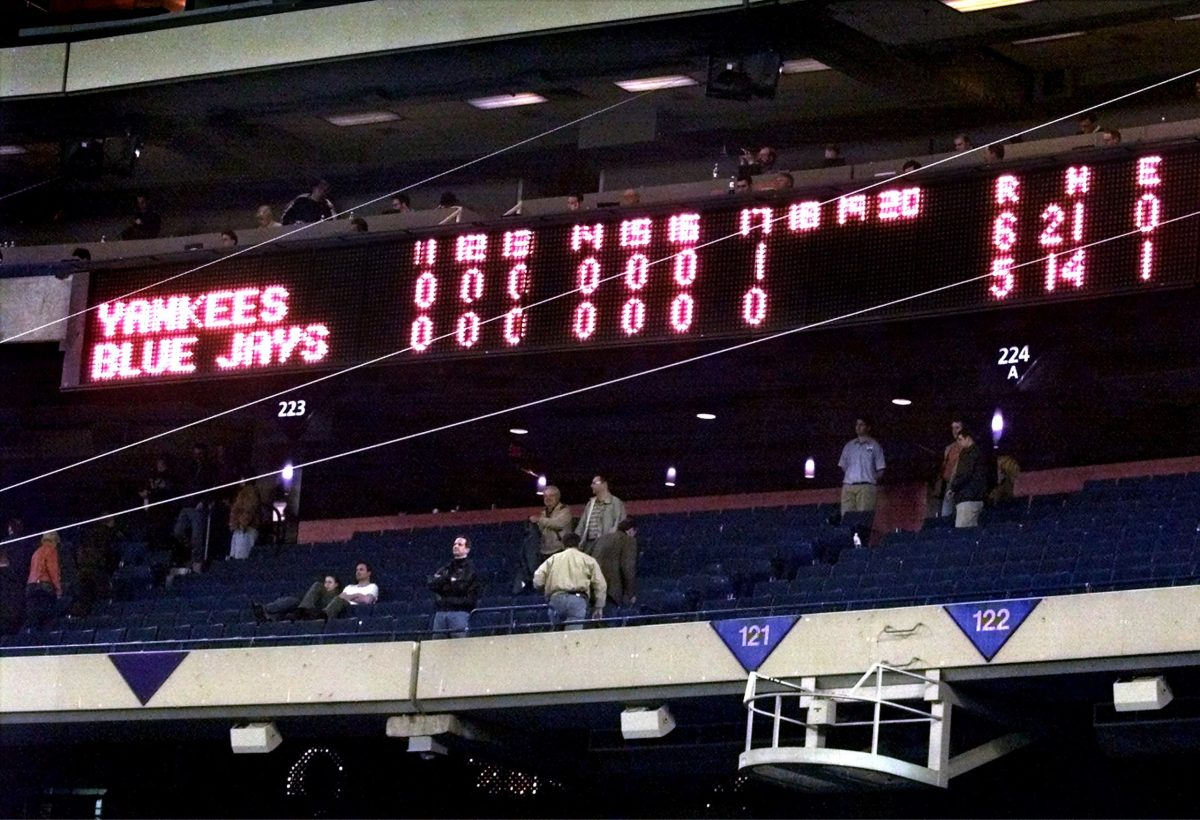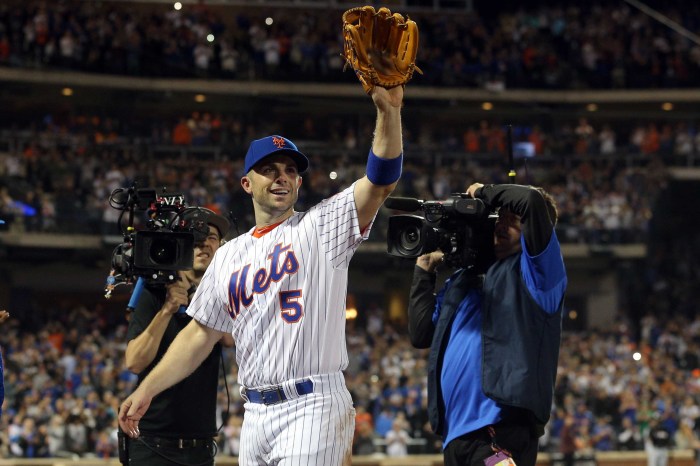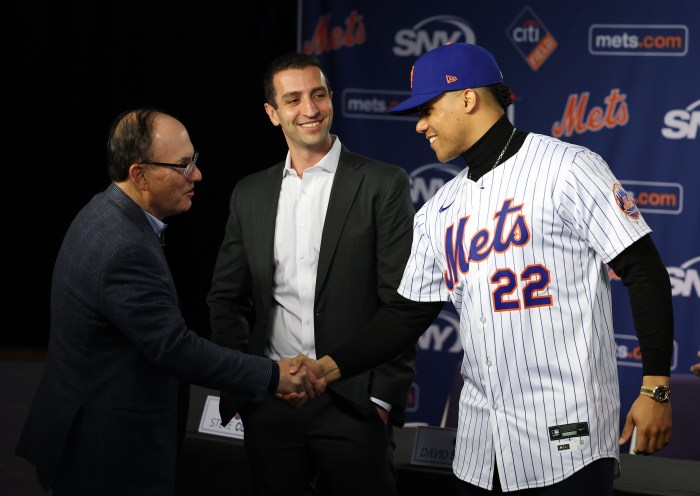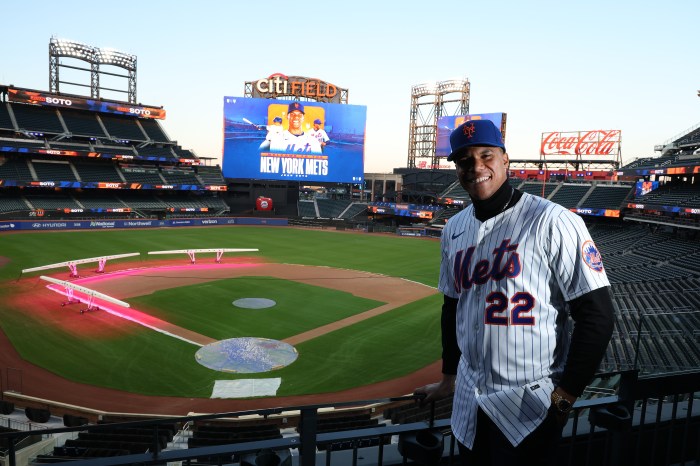Major League Baseball commissioner Rob Manfred has made it known that once baseball returns, there will be as many regular-season games played as possible to create a schedule that loosely resembles a full season.
Obviously, that isn’t going to happen considering baseball might pick back up sometime in June — a month that usually hosts Games 60-90 of a normal year.
But 2020 has been anything but normal, and the coronavirus pandemic has postponed Opening Day for the first time in the league’s storied history.
With a condensed schedule on the way, the league and players have floated out the idea of playing doubleheaders once or twice a week — a dream for fans who don’t need a reason to spend more time at the ballpark.
But such a noble concept does have its issues. It would be safe to assume that there won’t be many off days once baseball starts back up, meaning doubleheaders would add more strain on players who will be hard-pressed for rest as it is — yes, even during a shortened season.
A jam-packed schedule is a dangerous one for players — especially pitchers — as a June start to the season presents the possibility of no impromptu spring training.
That means pitchers won’t have an opportunity to properly ramp up their arms for an incredibly busy stretch that increases the threat of injury and position players would be thrust into the mid-season dog-days-of-summer grind with minimal time to rest because every game’s importance is magnified during a shortened season.
In an effort to protect the players in these hypothetically unprecedented times, Major League Baseball has to take a look at tweaking its extra-inning rules — even if it’s just for this season.
The last thing ballplayers need during such a busy time is the occasional extra-inning marathon that exhausts them and forces managers to burn through their pitching staff.
And what for? An August matinee?
Last season, there were 208 extra-inning games. Sixteen of those games lasted over five hours while 64 of them went at least four hours.
That’s the last thing Major League Baseball needs this season.
With that, I’m not suggesting that a tie game immediately ends after nine innings and goes down as a draw, but adopting a rule previously set forth by Manfred just for 2020 might not be the worst idea.
If a game goes to extra innings, each team gets one opportunity to break the deadlock in the 10th by starting the inning with a runner on second base. With a runner immediately in scoring position, the chances of getting at least a run on the board increases exponentially.
Should both teams fail to score in the 10th, however, the game ends in a tie.
That allows a quicker, finite way to decide games while ensuring there isn’t a ton of added stress on the teams.




































